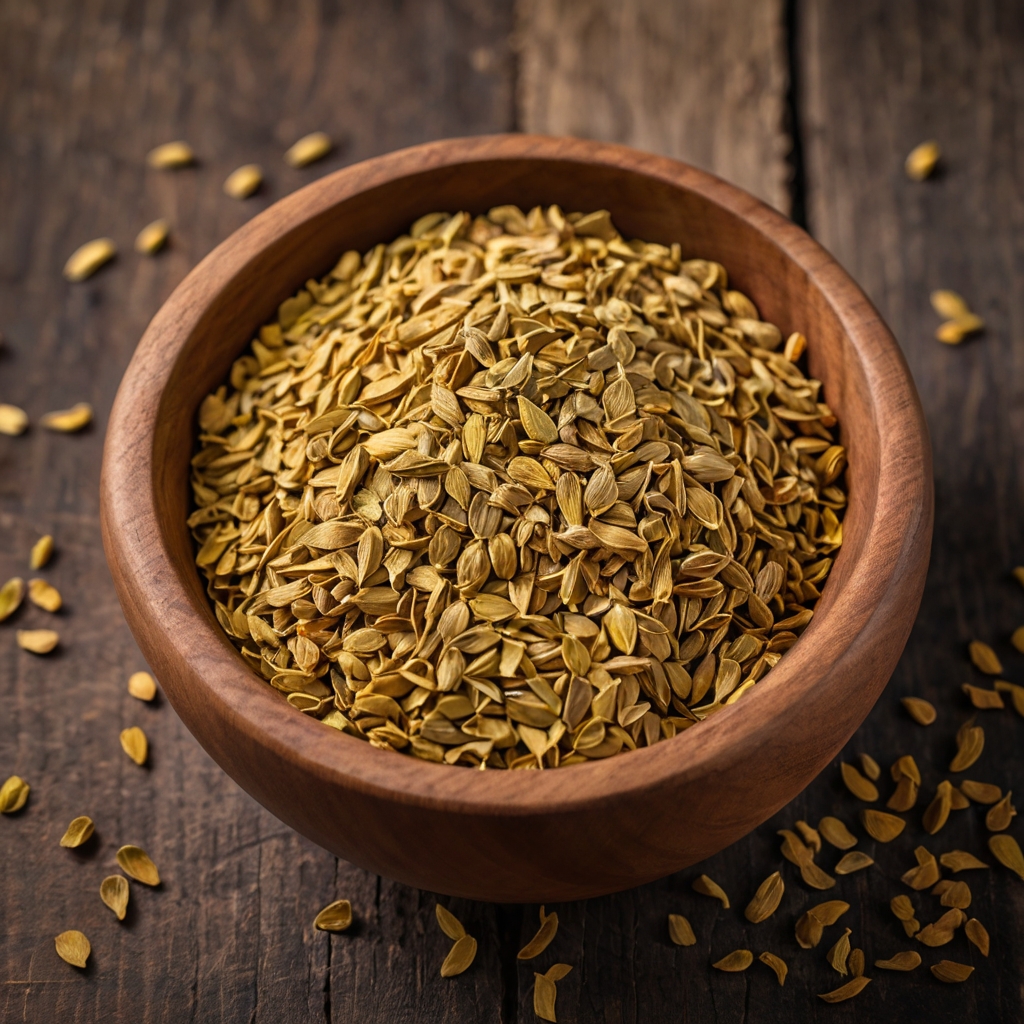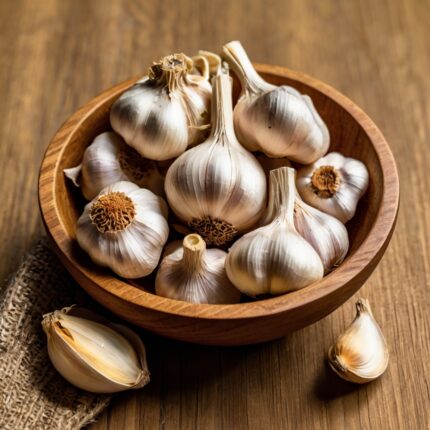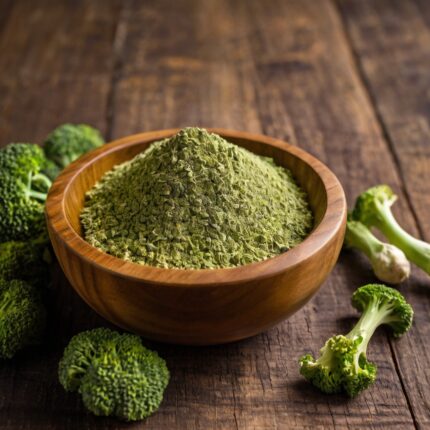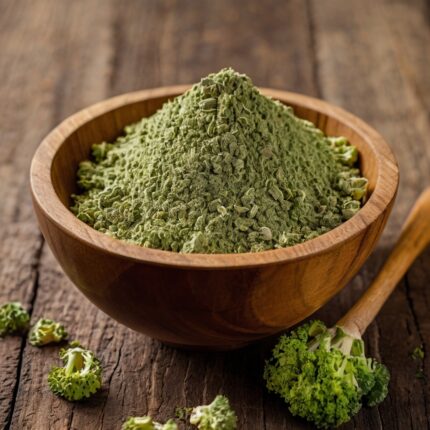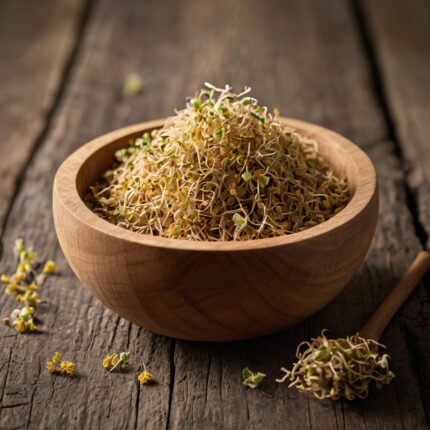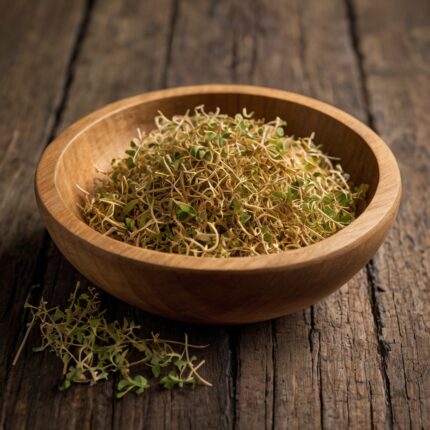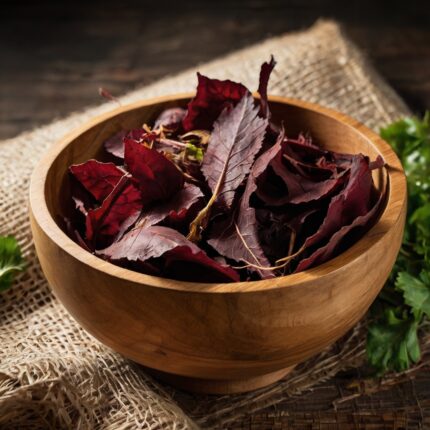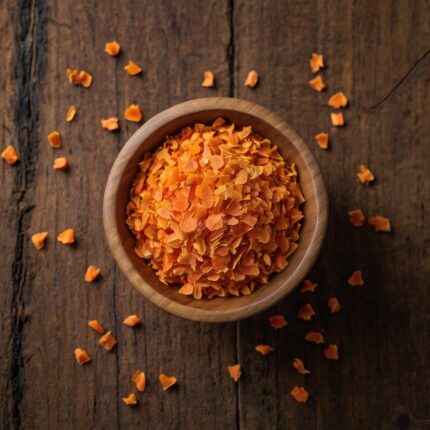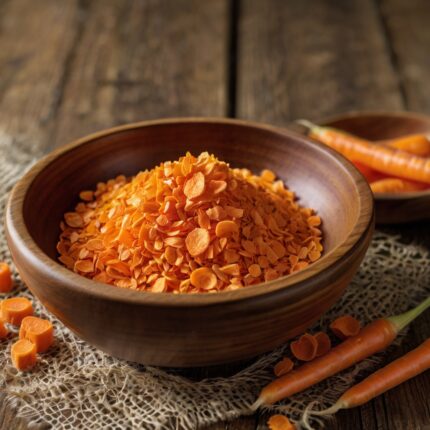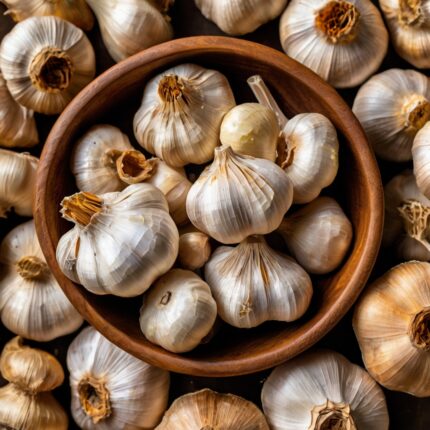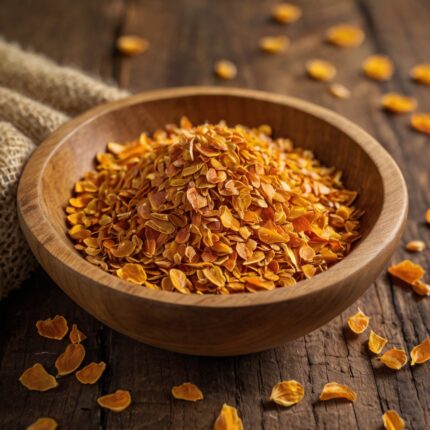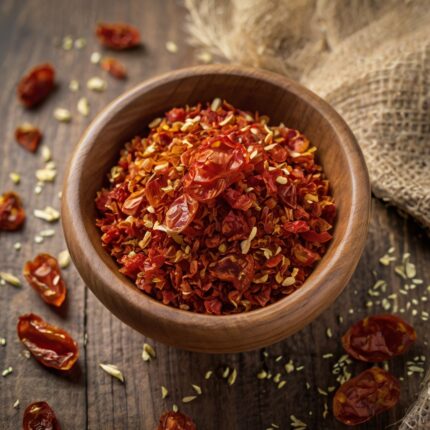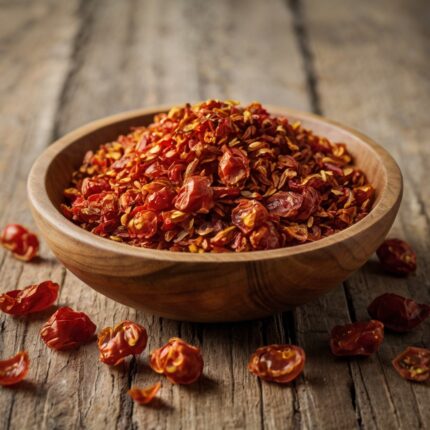**Dried fenugreek (Trigonella foenum-graecum)** is the dried form of the fenugreek plant, which is commonly used both as a herb (its leaves) and as a spice (its seeds). The dried leaves, known as “Kasuri methi” in Indian cuisine, and the dried seeds are highly aromatic and flavorful. Fenugreek has a long history of use in cooking, medicine, and beauty treatments.
**Uses of Dried Fenugreek:**
-
**Culinary Uses:**
- **As a Spice:**
- **Fenugreek Seeds:** Dried fenugreek seeds have a slightly bitter, nutty flavor with a hint of sweetness. When ground into powder, they are used in a variety of dishes, including:
- **Indian Curries and Stews:** Fenugreek is one of the key ingredients in Indian spice blends like **garam masala** and **Panch Phoron** (a Bengali five-spice blend). It is used in curries, lentil dishes, and vegetable stews.
- **Middle Eastern Cuisine:** In Egyptian cooking, fenugreek is used in dishes like **Mujaddara** (a lentil and rice dish) or dips such as hummus.
- **Pickles:** Fenugreek is often used in pickling to add a tangy and flavorful taste.
- **Flatbreads and Dumplings:** Fenugreek seeds can be added to dough or dumpling recipes to impart an earthy and aromatic flavor.
- **Sprouted Seeds:** Fenugreek seeds can be sprouted and added to salads, sandwiches, or used as a garnish.
- **Fenugreek Seeds:** Dried fenugreek seeds have a slightly bitter, nutty flavor with a hint of sweetness. When ground into powder, they are used in a variety of dishes, including:
- **Kasuri Methi (Dried Fenugreek Leaves):**
- **Seasoning for Curries and Sauces:** Dried fenugreek leaves are often used in Indian cuisine to enhance the flavor of curries, sauces, and lentil dishes. They add an earthy and slightly bitter taste.
- **In Flatbreads:** Kasuri methi is often mixed into dough to make **Methi Paratha** (fenugreek flatbread).
- **As a Garnish:** Dried fenugreek leaves can be sprinkled on dishes as a garnish to add flavor and texture.
- **Dips and Sauces:** The dried leaves can be mixed into dips, such as yogurt-based dips, or sauces to enhance the flavor.
- **As a Spice:**
-
**Medicinal Uses:**
- **Blood Sugar Management:** Fenugreek is widely recognized for its potential to help manage blood sugar levels. It is often included in supplements or teas designed to support individuals with diabetes. The soluble fiber in fenugreek may help slow the absorption of sugar into the bloodstream.
- **Digestive Health:** Fenugreek is considered a natural remedy for digestive issues, including constipation and stomach discomfort. Its high fiber content helps promote regular bowel movements.
- **Cholesterol Reduction:** Fenugreek has been shown to reduce levels of bad cholesterol (LDL) and improve lipid profiles, which may contribute to better heart health.
- **Hormonal Balance:** Fenugreek is sometimes used to support lactation in breastfeeding mothers and may also help alleviate symptoms of menopause.
- **Anti-inflammatory and Antioxidant Properties:** The anti-inflammatory and antioxidant properties of fenugreek may help with conditions such as arthritis, inflammation, and skin disorders.
-
**Beauty and Personal Care:**
- **Hair Care:** Fenugreek seeds and leaves are often used in hair masks and treatments. They are believed to promote hair growth, prevent dandruff, and improve overall scalp health.
- **Hair Mask:** Ground fenugreek seeds are mixed with yogurt or oil (such as coconut oil) to create a nourishing hair mask. This can help treat dry scalp flakes and stimulate hair follicles.
- **Shampoos and Conditioners:** Fenugreek extracts are sometimes included in commercial hair care products for their conditioning and anti-dandruff properties.
- **Skin Care:** Fenugreek is also used in skincare products for its anti-inflammatory and antibacterial properties. It is believed to help with conditions such as acne, eczema, and dry skin.
- **Face Mask:** Fenugreek powder, mixed with water or honey, can be used as a face mask to cleanse the skin and reduce inflammation.
- **Soothing Ointments:** Fenugreek can be used in ointments and lotions to treat minor skin irritations and itching.
- **Hair Care:** Fenugreek seeds and leaves are often used in hair masks and treatments. They are believed to promote hair growth, prevent dandruff, and improve overall scalp health.
-
**Non-Culinary and Industrial Uses:**
- **Animal Feed:** Fenugreek is sometimes used as a supplement in livestock feed due to its high protein content and potential health benefits. It can be included in poultry feed to improve overall health and egg production.
- **Natural Fertilizer:** The fenugreek plant, including its leaves and dried seeds, can be used in compost or as a natural fertilizer for plants due to its nitrogen-fixing properties.
| *Nutritional Content** | **Amount | per 100 grams of dried fenugreek seeds**
| **Calories** | 300–350 |
| portoin | 25–30 g |
| fat | 6–9g |
| **Saturated Fat** | 1–1.5g |
| **Carbohydrates** | 55–60 g |
| **Dietary Fiber** | 25–30g |
| suger | 5–6g |
| vitaminA | 40–50 |
| vitamin C | 3–5 |
| B6 | 0.6–0.7 |
| folat | 57–60 |
| **Calcium** | 150–200 |
| iron | 20–25 |
| **Magnesium** | 100–120 |
| **Potassium** | 600–700 |
| **Zinc** | 2–3 |
